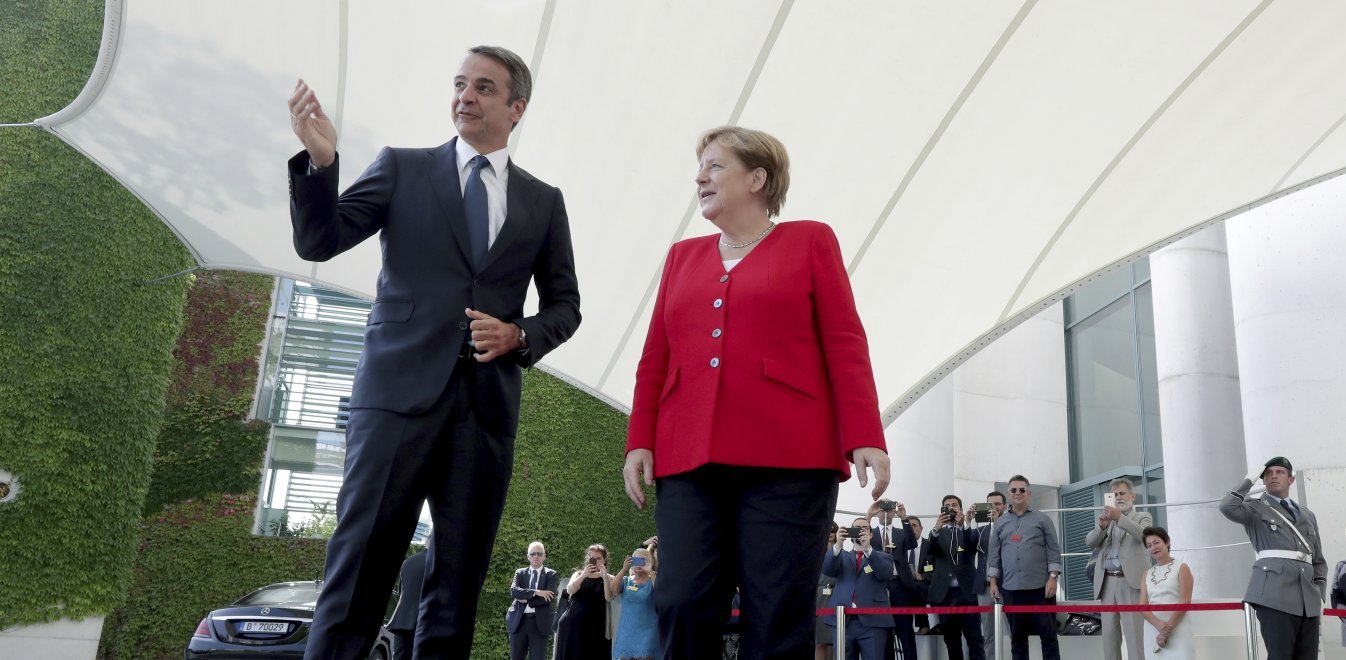It has by now become common knowledge that the management of the refugee and migrant crisis exceeds Greece’s capabilities.
The phenomenon is continually burgeoning with repercussions for both local populations and for refugees and migrants who are living in miserable and inhuman conditions.
The possible solutions tabled from time to time – some of which exhibit an odd sense of imagination such as the incredible proposal to erect a floating barrier in the Aegean to block migrant boats from reaching the Greek islands – are merely a drop in the ocean, as Turkish President Recep Tayyip Erdogan is using the migrant crisis as leverage in his relations with Greece and the EU more broadly.
The German press runs almost daily stories on the danger that the situation on the Greek islands could spin out of control.
Germany’s leadership, however, is turning a blind eye as its priority is not to disturb relations with Erdogan.
Many German municipalities have expressed a willingness to take in refugees from Greece but they have come up against the inertia of the German government.
As was revealed in a report in To Vima (26/1/2020), in light of the tough negotiations that will take place next month regarding the new EU migration and asylum pact Athens will table a comprehensive proposal focusing on the equitable distribution of migrants throughout the EU, based on the European principles of responsibility and solidarity.
The effort to internationalise an issue that by its very nature is supranational and yet is treated as a domestic problem is a step in the right direction.
Alas, Greece once again will wage a critical battle without a solid, unified domestic front, as was abundantly apparent during the 2 February parliamentary debate.
The government and the main opposition are merely squabbling over which party bears the greatest responsibility for the obvious incompetence in managing the crisis instead of pursuing even a limited consensus on a crucial national issue.




